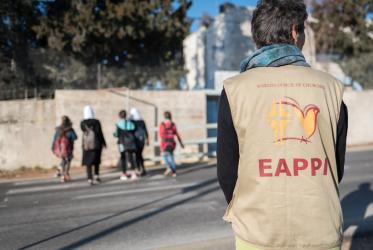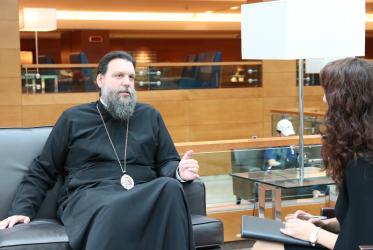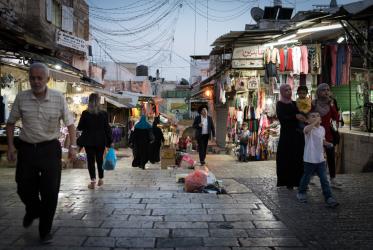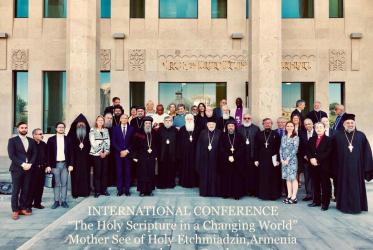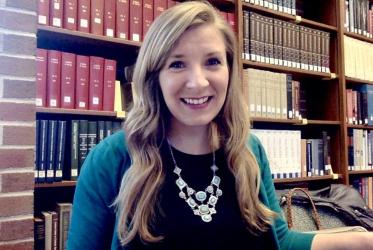Displaying 41 - 60 of 130
12 September 2019
Voices in Cyprus ring for refugees
19 June 2019
Shabbat dinner ‘helps humanize two sides of the story’
27 March 2019
Fr Alexi - a peacemaker in Syria
21 December 2018
A moment in ‘Time’: an interreligious vision in Erlangen
20 December 2018
Romani people seek “lives of decency, dignity, and justice”
27 September 2018
Paving the way for ecumenical studies, learning English in Bossey
24 September 2018
Faces of Hope raises awareness
07 March 2018
